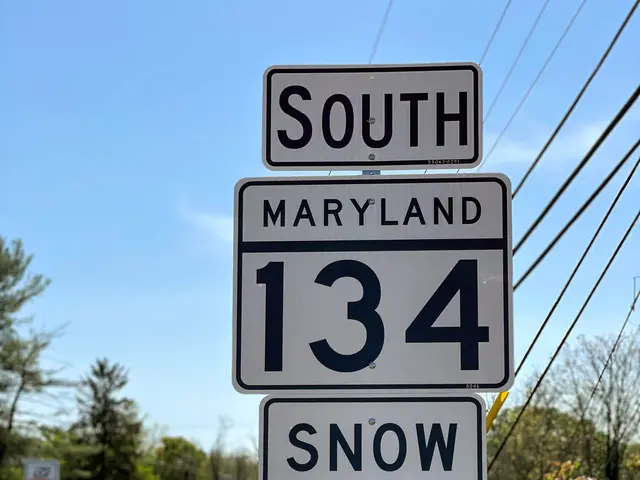Raging wildfires and a sweltering heatwave grip Europe, with temperatures skyrocketing.
Europe Experiences Devastating Wildfires Amidst Record-Breaking Heatwaves
The European continent is currently grappling with a series of wildfires that have been raging across several countries, causing widespread destruction and evacuations. The 2021 wildfires in Europe are primarily attributed to a combination of drought, water shortages, record high temperatures, and climatic conditions favourable to fire spread.
In Turkey, a wildfire near Çanakkale has shut down the Dardanelles Strait for firefighting aircraft, while in Montenegro, wildfires near Podgorica are forcing evacuations, with officials deeming the situation as "catastrophic." The wildfires in northwestern Spain have affected the UNESCO World Heritage Site, Las Médulas.
Spain and Portugal, among the hardest hit, are facing some of their most severe wildfire seasons in recent memory. Portugal, for instance, has reported approximately 700 firefighters battling an inferno near Trancoso. Over 200 fires have erupted in Bulgaria, with three major blazes near Greece and Turkey.
The extreme weather conditions have also led to record-breaking temperatures. Europe has seen temperatures reach a scorching 43°C (109.4°F), and in Hungary, the temperature has reached 39.9°C (104°F), breaking a 1848 record, prompting a nationwide fire ban. Raging wildfires have burnt 16,000 hectares (40,000 acres) in the Aude wine region of France.
The consequences of these wildfires are far-reaching. Large-scale evacuations have been reported, with at least six recorded fatalities and four injuries, including two firefighters. The fires have destroyed vast forest areas, worsening ecological and economic conditions, and have highlighted the vulnerability of rural and depopulated regions, which often lack sufficient infrastructure and political attention for effective fire prevention and management.
The wildfires have also exposed political and governance challenges regarding preventive measures and resource allocation, especially in economically and demographically declining rural areas. They underscore the need for improved fire prevention policies, better governmental accountability, and community engagement in affected regions.
The 2021 European wildfires reflect a broader trend of increasing wildfire risk linked to climate change, intensified drought, and heatwaves. The impacts of these wildfires will likely be felt for years to come, underscoring the urgency for action to mitigate the effects of climate change and improve fire prevention strategies across Europe.
As the summer progresses, authorities warn residents to avoid high-risk areas and prepare for prolonged extreme weather. Health warnings have been issued in the UK, where a fourth heatwave is expected this summer. Authorities urge everyone to stay safe, stay informed, and follow local advice during these challenging times.
Read also:
- Germany's three-month tenure under Merz's administration feels significantly extended
- Heavy rain causes flash floods in Hyderabad, resulting in severe waterlogging and disruptions to city life during a heavy downpour.
- Unpleasant nights plague city dwellers due to intense heatwave conditions
- Massive Colorado wildfires engulf over 120,000 acres, with firefighters hopes pinned on improved weather conditions








